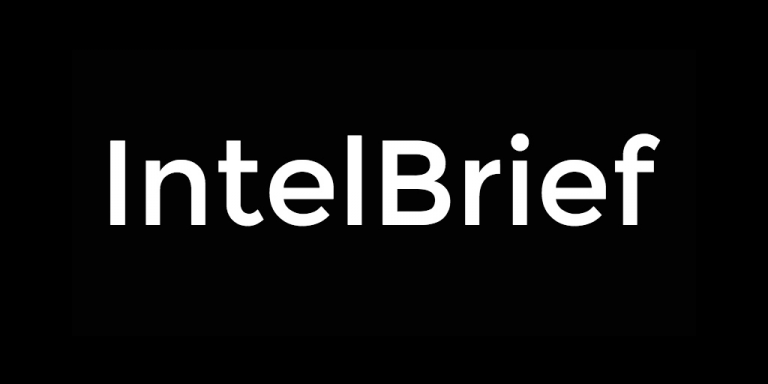INTELBRIEF
September 25, 2017
TSC IntelBrief: The Kurdish Vote for Independence

• On September 25, Iraqi Kurds will vote in a highly significant referendum on Kurdish independence.
• The semi-autonomous region of Kurdistan wants to become the first self-sustaining Kurdish nation, with serious regional repercussions.
• Syria, Iran and Turkey—all with large Kurdish minorities—have denounced the vote, while even the Kurds Washington allies have urged delay.
• Especially for Turkey, the ‘Kurdish issue’ influences domestic and foreign policy decisions to a unstable degree.
On September 25, millions of Iraqi Kurds will vote in a referendum to establish an independent Kurdish nation. The outcome of the vote in favor of the measure is not in question; the outcome of what follows is. Of the countless issues bedeviling Iraq and the region, the long simmering Kurdish question may have both the longest reach and most lasting consequences. The degree of concern can be found in strongly-worded warnings from Ankara to Baghdad. Meanwhile, the U.S., which has had very good relations with Iraqi Kurdistan, now finds itself once again in the uncomfortable position of pressuring one of its true regional allies against independence. Saying ‘the time is not right’, Washington has hoped the vote would be delayed, while Kurdish leaders believe the time will never be more right than it is right now. Once the votes are counted, the process of establishing some path towards an independent Kurdistan will begin, with massive challenges ahead.
Baghdad has stated it will not recognize any results of the referendum, calling the vote an illegal attempt to break up Iraq. Relations between Irbil and Baghdad have never been good but are now are their lowest, with the semi-autonomous region of Kurdistan now essentially out of the Iraqi union in all but name. The oil-rich and relatively diverse city of Kirkuk is among the most combustible issues between Baghdad and Irbil, with each saying it belongs to them. The Kurds have been running Kirkuk since 2014, when Iraqi military forces fled after fighting with the Islamic State. By including Kirkuk in the referendum, Kurdistan Regional Government (KRG) President Massoud Barzani sent a clear signal to Baghdad that the Kurds intend to keep those recent and very much still-disputed gains. There is a very real possibility of armed conflict between Kurdish peshmerga and Iraqi military or Shi’a militias over Kirkuk.
To the north, it is difficult to overstate the depth of Turkish concern as it relates to the Kurds. For Ankara, Kurdish independence on its southern border would be a flashpoint among its own sizable Kurdish population. The Erdogan government views every action in Syria and Iraq through a Kurdish lens, and has put troops into the Syrian civil war to prevent further Kurdish territorial gains there. On September 23, the Turkish Parliament renewed a bill that would allow for Turkish military intervention in Iraq for ‘national security threats’ that has already been used in Syria. Ankara has also been very explicit in its warnings over the referendum’s wider impact, with Defense Minister Nurettin Canikli saying it could collapse the fragile balance in the region.
The U.S. has pressured the Kurds to at least delay the vote, putting it in the uncomfortable position of siding with Turkey and Iran at least on this one issue. The U.S. in general supports Kurdish independence but balks at the actual consequences of such a move, worried it would increase sectarian fighting in the region, and lead to major confrontations with Turkey and Iran, both of whom have poor to abysmal relations with their respective large Kurdish populations. Kurdish leaders have held off similar votes and declarations for years, trusting that the U.S. and others would guarantee a formal pathway for Kurdish independence in exchange for a more gradual timeline. The September 25 vote shows that the issue has, for Iraqi Kurds, taken on a momentum larger than any regional concerns about what comes next.
.
.
For tailored research and analysis, please contact: info@thesoufancenter.org
.
.